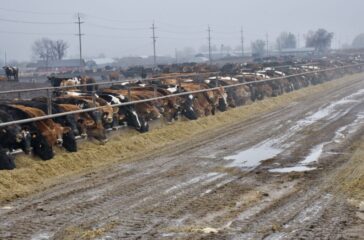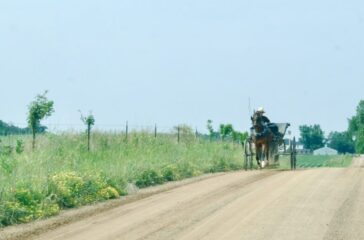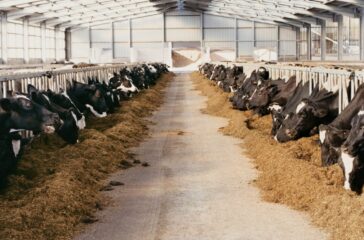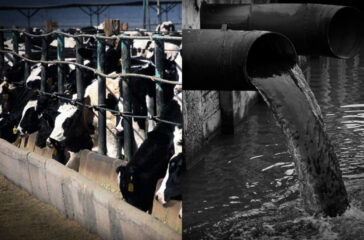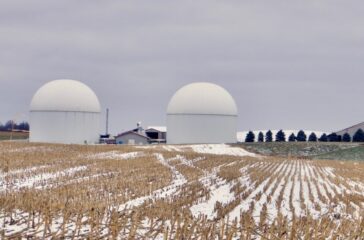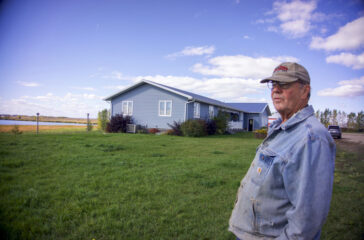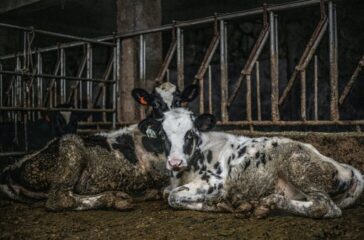Regulators battle Oregon and Washington farmers over limits to farm pollution
By Keith Schneider
SUNNYSIDE, Washington – Waters from the snowpack of the Cascade Mountains support orchards, vineyards and dairies here in the Yakima Valley of eastern Washington State, boosting a flourishing farm economy and helping to stock store grocery shelves nationwide.
 EWG
EWG